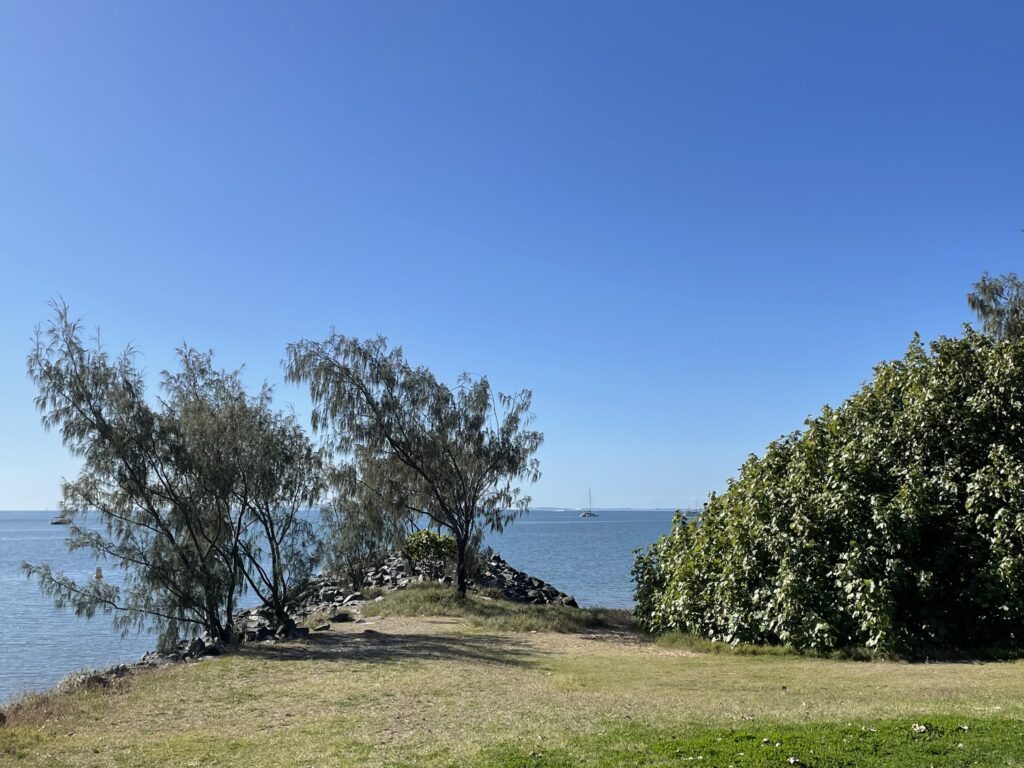Ageing
Ageing can be the culminating adventure of our lives, up to which the earlier years may be seen as preparation. The essence of an adventure, however, is that it is scary and unpredictable, a venture into the unknown which demands courage and risking ourselves.
What is required is to undertake a transformation of the experience of ageing, through the meditative practice of “bare awareness” (or “mindfulness”). Note that what we have to work with are not the causes of the myriad afflictions of ageing (that is, the pain itself) but how we experience them (that is, our sense of discomfiture) – not what is afflicting us out there, but what it feels like in here, in the mind.
Awareness practice is learning to open up to powerful emotions without either letting them discharge themselves (as anger or self-pity, for example), or suppressing them (perhaps by trying to rationalize them or otherwise get them under control). This middle way of creative containment is not easy to describe, and harder still to do. It requires a lot of personal experimentation.
Thus, in ageing, we seek to open in stark awareness to one or more of the particular discomfitures – hurts, anxiety, unease – which we have identified, working for a period of time with each if there are more than one. These feelings are threatening when we try to look them straight in the face.
But gradually we become intimate with our affliction, and as our resistance to it diminishes, it becomes softer and more manageable. Indeed, as we become more at one with it, we experience a liberating sense of release.
If we ask ourselves questions like “What is my death?” and “Where do I go after I die?” we may be able to come up with some interesting ideas. But in the shadow of death, we shall need more than fascinating explanations to sustain us.
Our salvation lies in sustaining holy ignorance, the open, receptive mind of bare awareness. This requires faith, courage, and determination, because when we penetrate beyond ideas about dying, we uncover what we really fear, and with good reason – our feelings about dying.
How we have lived is more important than how we die, over which we may very well have little or no control. More particularly, whatever our dying lot turns out to be, we can as from now prepare ourselves by the practice of bare awareness described earlier.
Through this we can make the experience of our terminal afflictions more manageable and endurable, and can longer sustain our personal integrity.
In dropping all illusion and evasion this can indeed be a time of insight and transformation, and in this sense a true culmination of the life we have lived.
Source: Based on an article entitled “Ageing” by Ken Jones, taken from Buddhist Reflections on Death, Dying and Bereavement, compiled and edited by Michael Lewin,published by The Buddhist Hospice Trust.
https://buddhisthospice.org.uk/books/
This is a collection, in book form, of short articles from a range of dharma-practitioners, 21 in all, who “share their thoughts and feelings with us on the issues of death and dying”. It is aimed at anyone who is touched by these issues.
This is not an academic or dogmatic text written only for Buddhists. The universal themes and varied perspectives make this accessible to anyone.
It is inspirational, meditative, practical, personal, and even humorous.
Written from each contributor’s own perspective and personal experience, it is a source of strength and comfort which should reach right to the heart of anyone reading it and be a source of inspiration to anyone touched by death, regardless of their spiritual beliefs.

What is required is to undertake a transformation of the experience of ageing, through the meditative practice of “bare awareness” (or “mindfulness”).
Note that what we have to work with are not the causes of the myriad afflictions of ageing (that is, the pain itself) but how we experience them (that is, our sense of discomfiture) – not what is afflicting us out there, but what it feels like in here, in the mind.
Awareness practice is learning to open up to powerful emotions without either letting them discharge themselves (as anger or self-pity, for example), or suppressing them (perhaps by trying to rationalize them or otherwise get them under control).
(Ken Jones, “Ageing”, in Buddhist Reflections on Death, Dying and Bereavement)
